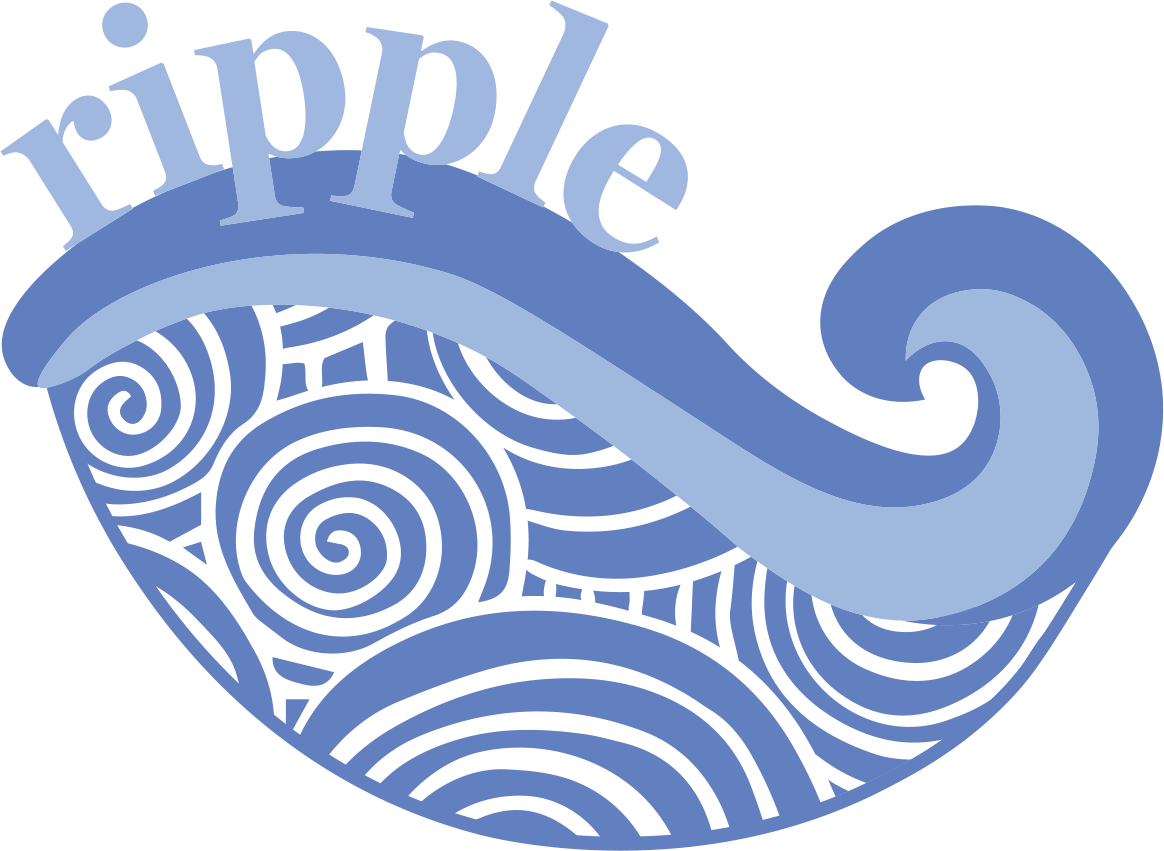The United States recommends a number of vaccines in childhood for a variety of reasons including:
- Protecting against diseases
- Strengthening babies and children’s immune systems
- Preventing the spread of extremely infectious diseases
In order for children to attend school in Alaska, they are required to have the following vaccinations:
- Diphtheria, Tetanus, Pertussis (DTap/Tdap)
- Polio
- Measles, Mumps, Rubella (MMR)
- Hepatitis A
- Hepatitis B
- Varicella (through 6th grade), also called Chicken pox
- Hib (under 5 years old, influenza)
Each vaccine has different dosing requirements and schedules, so it is important to visit the CDC or other healthcare website, or your local physician/pediatrician to learn more about timing and dosing for childhood vaccinations. Childhood vaccines are safe and highly effective for combating illness in children and babies, and have a long standing history of positive effects. Side effects may occur from several of the vaccines, but they are generally mild, such as sore arm or tiredness.
Supporting Links:
https://www.cdc.gov/vaccines/imz-schedules/child-easyread.html
https://www.cdc.gov/vaccines-children/reasons/index.html
https://health.alaska.gov/dph/Epi/iz/Pages/school.aspx
https://www.asdk12.org/immunization
Videos:
The Importance of Childhood Vaccinations | UPMC HealthBeat 2 min 2 sec
University of Pittsburgh Medical Center Sep 2019
This video shares why it is safe and important to vaccinate children.
